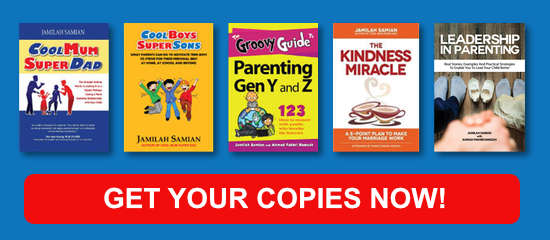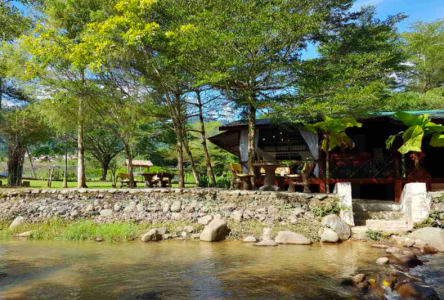Growing old does not reside in the good books of many. The thought of seeing wrinkles especially on our face, hands and feet, sagging body parts, failing vision and faltering steps are mental pictures many of us would rather not imagine. But here’s the thing: We start growing old the moment we are born. The exponential brain and physical maturing during critical stages of your thriving years, yes, count that as growing old, too.
I distinctly recall a friend saying, “I’m scared of hitting thirty. I’m scared of growing old.” I should have asked her what she meant, but as a mother of little kids then, frequent lack of sleep often left me with nary a moment to ponder over such things. I have come to realise that growing old is a topic that deserves mention, worthy as a dinner conversation even, with our own kids who may, for one reason or another, feel that they will never grow ancient.
Have you heard a child of yours saying: “I’m fourteen. I will never hit forty!” Or “I’m sixteen. I will never hit sixty.” Truth is, they might never have said it, but for some youths, me included once upon a time, being young is about feeling invincible. Our children must know that growing old is a blessing, not a source of disgrace or a topic that must be shunned.
I do not think children are naturally programmed to not like growing old.
Social media, billboards and advertisements flood our minds with faces of youth that seem to depict vitality, as though growing old is a bad thing. Children watch how older women including their own mothers, aunts and grandmothers try to conceal their wrinkles with chemicals and colours, as though those laugh lines around the corners of their mouth and brows are something to be ashamed of. Nobody needs artificial colours to look pretty, really. All you need is to carry yourself with grace and dignity.
Truly, growing old is a positive thing. The older you get, the more you know yourself, your strengths, your limitations. You become less conscious of yourself, a great blessing, in comparison to adolescence when the slightest sidelong glance from the student at the next table throws you off track, wondering what you did wrong. You begin to be grateful for your personal pains, mistakes and oversights. You appreciate the people who have crossed your path, with whom you have developed enduring relationships. What better way is there to test a relationship than the test of time?
I lost my eldest sister when she was just a few weeks old. Our children must realise that growing old is a privilege.
What about happiness? Perhaps you have read that older people tend to suffer from loneliness and therefore, are less happy. On the contrary, research at Stanford University proved that the older we get, the happier, more content we become, the more positive we view the world.
Ageing certainly has benefits. You become smarter, wiser, more patient, more content. You realise there are things you cannot change, you choose to focus your time and energy on the things you can change, you earn contentment along with acceptance. You read that right. I’m talking about contentment, not resignation, that “I-give-up” kind of attitude. It’s about coming to terms with the facts of life. Happiness, sadness, you decide which experience you want. You are delighted to see the young problematic neighbour’s son making a U-turn, doing much better in behaviour and in school. You are sad when someone dear passes. But deep inside, you know that living and passing on are inevitable landmarks in life. It’s what transpires, the milestones you leave behind, that really matters.

Featured image by Dolvita108









